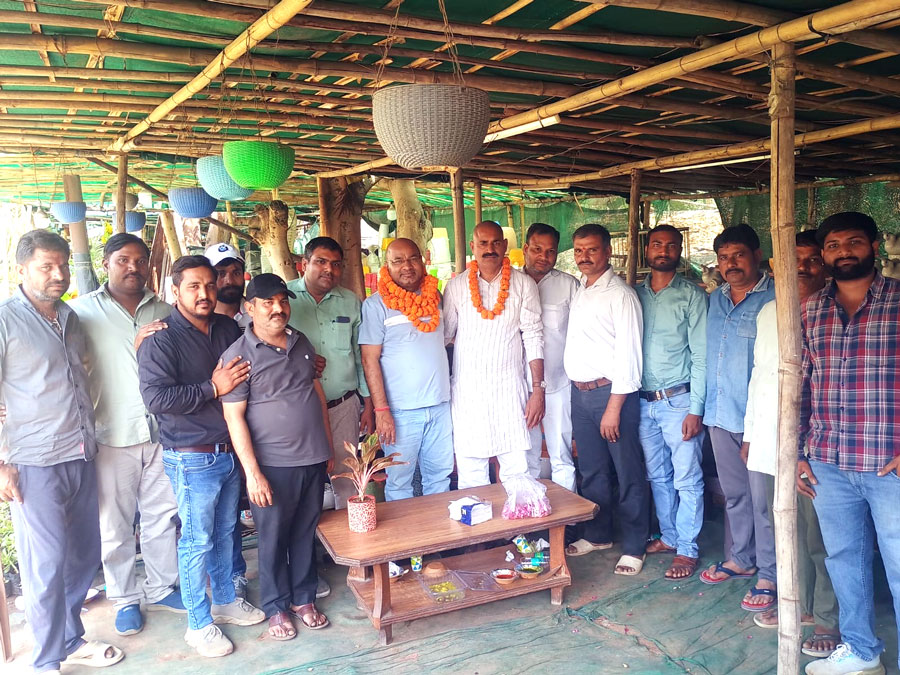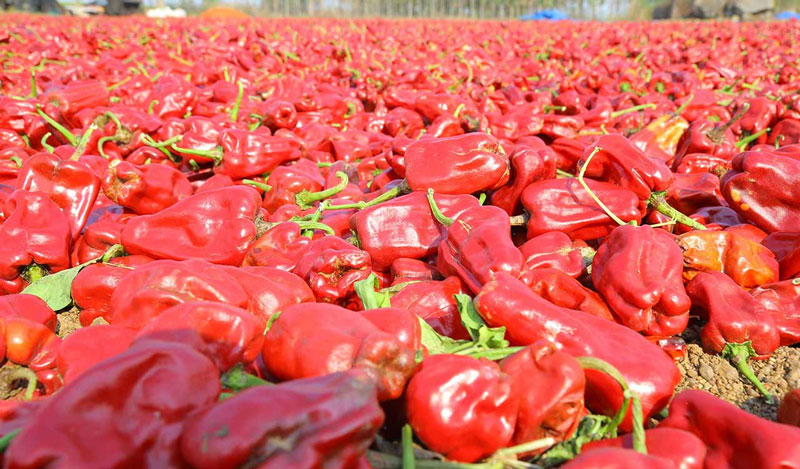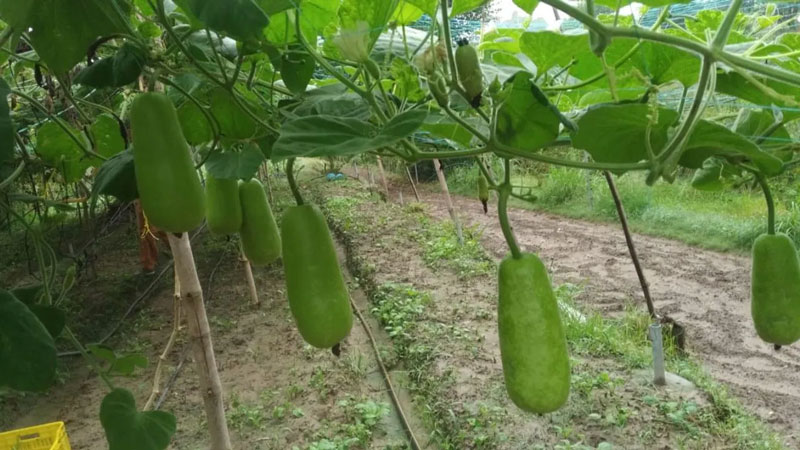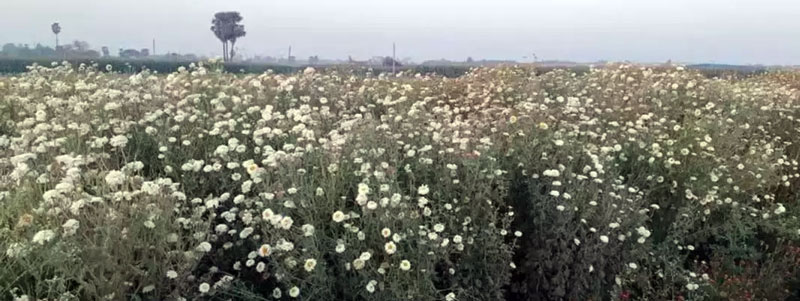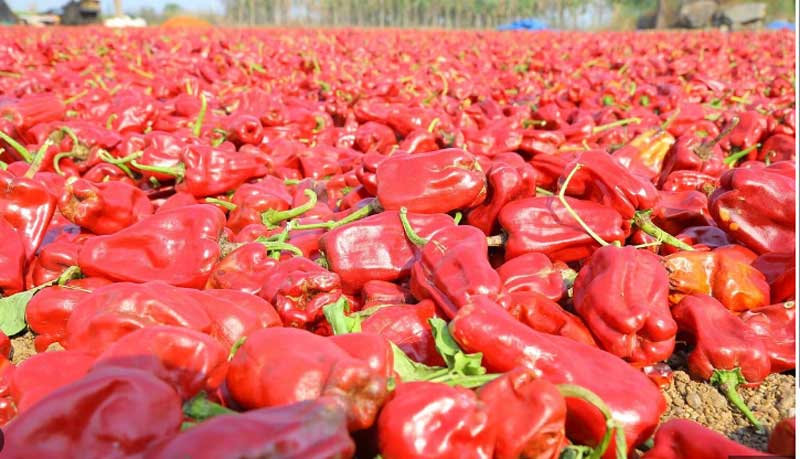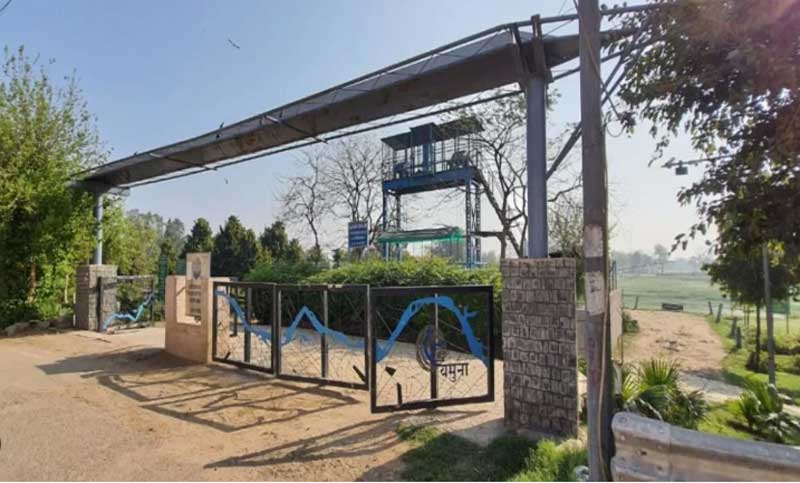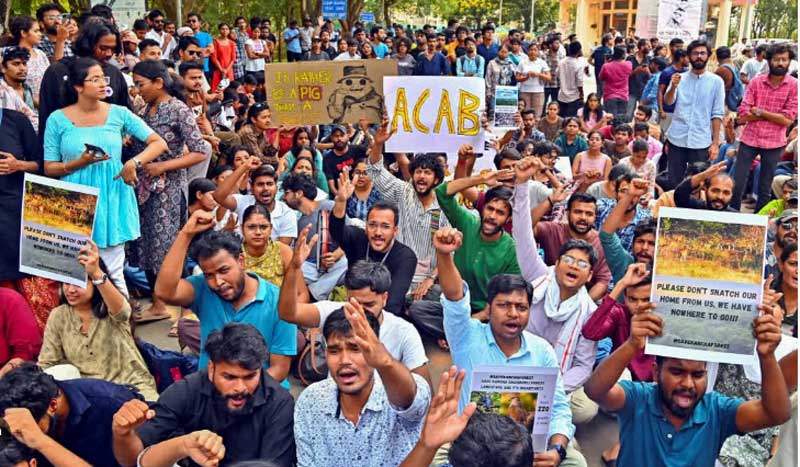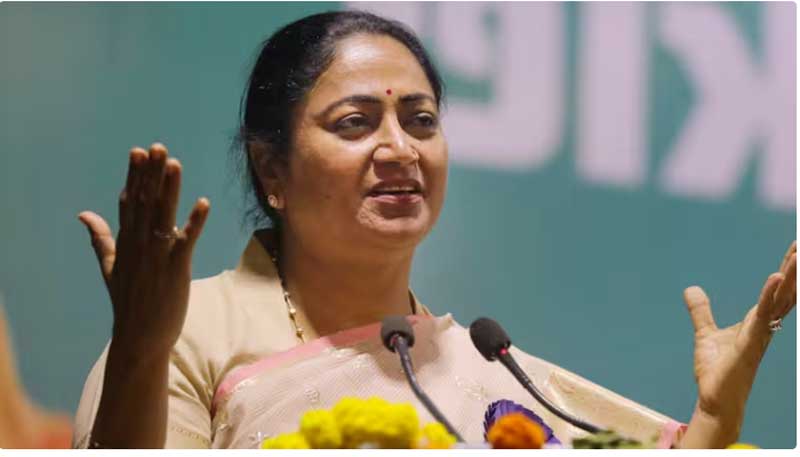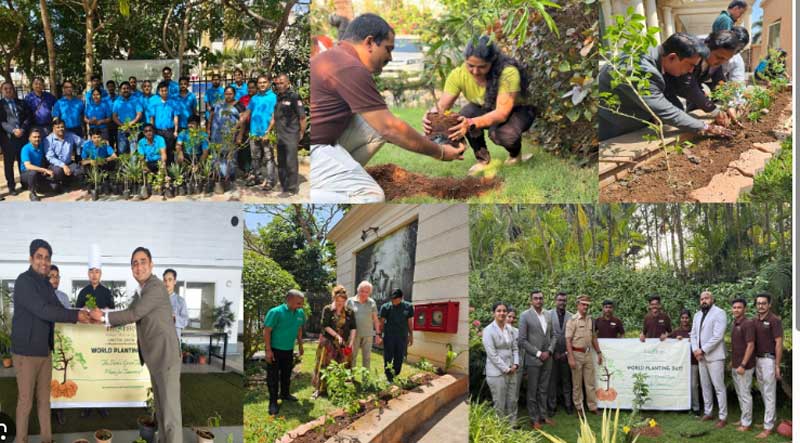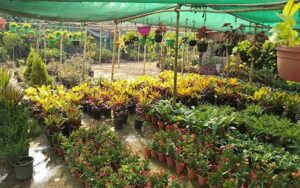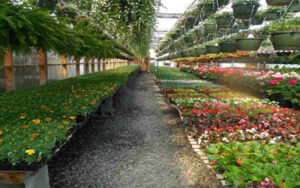Horticulturalists can’t profit even amid increase in price, seeks government help
Nursery Today Desk
Chennai: Price increases have never helped those workers in the fields, and middlemen always profit from the situation by exploiting on farmers’ inability to negotiate a better deal with traders and their trouble paying various fees.
A shallot farmer from Narasingapuram in Tiruchy, P Senthil Kumar says, “A seller would only offer between Rs 40 and Rs 80 per kg. Even if prices skyrocket to Rs 120 a kg in cities”. “I can’t spend money on transportation, loading, and unloading costs and then haggle with “mandis” who set pricing”, he continued.
As a result, I would wind up selling my produce to middlemen who would then sell the vegetables for much more money. There have been instances when middlemen established the price based on crops per acre without even measuring my production. Setting of minimum support price by the government for horticulture crops will help and benefit farmers.
CM Perumal, a tomato farmer from the Krishnagiri village in Ethakinaru also expressed similar opinions. He stated, “the government should fix MSP for tomatoes and assist farmers with transportation, for them to get better prices.”
According to Prof. A Narayanamoorthi, an agri-economic researcher and former member of the Commission for Agriculture Cost and Prices (CACP), there is no control over the agricultural market, and intermediaries are in charge of it, which determines MSPs in the nation.
“Procurement programs for horticulture crops, oil seeds, and pulses lack a systematic pattern. MSP will be more difficult to execute for horticulture crops than the market intervention program (MIS), which protects farmers from being compelled to make distress sales. During a price crash, MIS must be implemented in the states that produce the bulk of a specific crop.
Onions have been bought from the market by Maharashtra a number of times. States like Karnataka and Andhra Pradesh have occasionally intervened, while West Bengal has introduced MIS for potatoes. For tomatoes, onions, and potatoes, which frequently experience price fluctuations, the Tamil Nadu government may launch a similar program, according to Narayanamoorthi.
Due to the high cost of cultivation, a farmer household’s annual revenue from agriculture is pitifully low in regions like Tamil Nadu. Holes in tank and canal irrigation, a reduction in the total area irrigated, and higher farm wages are the contributing factors according to him.
Under the condition of confidentiality, a state horticulture department official stated that similar to the Karnataka-based Horticultural Producers’ Cooperative Marketing and Processing Society, the government may buy products from farmers and sell them to customers.
Under Anaithu Grama Anna Marumalarchi Thittam, the government has consistently worked to restore tanks, desalt canals, and channels, and the net area irrigated has increased from 28.87 lakh ha in 2000-2001 to 29.29 lakh ha in 2021-22, according to the Tamil Nadu Agriculture and Farmers Welfare Department’s response to TNIE’s inquiry.
According to Secretary C Samayamoorthi, “The government is taking steps like providing market access through regulated markets integrated with eNAM platform for remunerative price,” about the income of a farm home. Farmers producers organizations (FPOs) are urged to add value to their products and market them together.
While, TNIE has previously noted that better prices are encouraging more farmers to sell their produce through the online marketplace eNAM, the majority of the commodities sold there are paddy and copra, and inter-mandi and inter-state commerce is mostly prohibited. The operation of According to farmers, Uzhavar Sandhai (direct farm-to-market sale), is restricted to just a few hours and is inconvenient for many farmers compared to middlemen who pick up the food from the farm.

